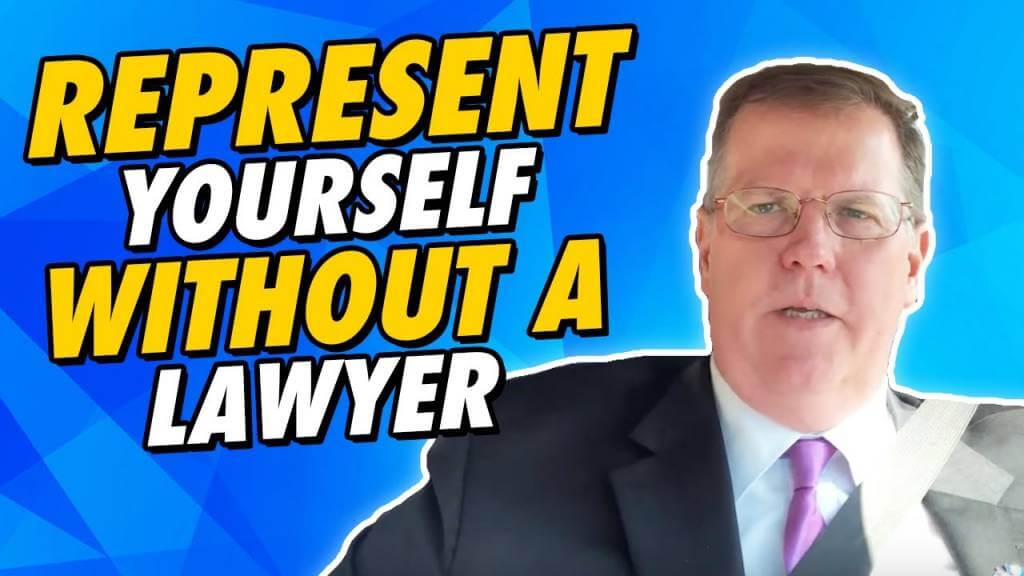Despite being non-violent crimes, fraud offenses are seriously punished in Virginia. Fraud-related crimes are many, but they all come with extensive jail terms, high fines, and an order to compensate the victim.
Fairfax criminal defense attorneys can use one of the many strategies to get around fraud charges, depending on the unique nature of a specific case. Such an experienced defense lawyer can help accused persons explore their options and get the best outcome.
What are the Immediate Consequences of a Fraud Conviction?
Fraud isn’t just taken seriously by the government; lots of people don’t take it lightly. A number of employers have job opportunities that require a security clearance or background check of potential employees. Being a crime of moral turpitude, fraud can slim your chances of being considered for job opportunities now and in the future.

Notably, a conviction remains in your record for life, and you will always be seen as someone that cheated or lied for their own financial gain. Therefore, if you can avoid a conviction early enough, you can protect yourself from all the life-long consequences. This is possible when you get the representation of the right Fairfax white-collar crimes lawyer.
What is the Likelihood of Getting a Plea Deal?
It is never easy to get a plea deal with fraud cases, but the possibilities depend on several factors. The prosecution can accept or reject a plea bargain based on the chances of getting a conviction if they forward the charges. If they are certain that the judge will be convinced to convict you, then they will be less likely to accept a deal from your white-collar crimes lawyer in Fairfax, VA.
It is easier to get a plea deal if you have no prior criminal history, and have done something to restitute the victim by the time charges were being brought against you. Also, if the amount involved in the fraud isn’t significant, the prosecution is more likely to accept some negotiations. Speak to your Fairfax white-collar crimes attorney to discuss plea deals in Virginia.
What Can One Expect From a Credit Card Fraud Conviction?
Credit card fraud is penalized based on the amounts involved. Less than $200 is considered a Class 1 misdemeanor, while more than $200 is a Class 6 felony. Class 1 misdemeanor comes with:
- Up to 12 months in jail
- Up to $2,500 in fines
Class 6 felony, on the other hand, attracts:
- 1-5 years in prison
- Reduced penalties of up to 12 months in jail, at the jury’s or court’s discretion
- Fines of up to $2,500
Helping or conspiring with another person to commit credit card fraud is also a Class 6 felony. Credit card factoring with the intention to defraud another person is a Class 5 felony, punishable with:
- 1-10 years in prison
- Fines of up to $2,500

If your intention for credit card factoring wasn’t to defraud, the crime could be reduced to a Class 1 misdemeanor, with a lesser sentence of up to 12 months in jail.
What is the Punishment for Virginia Identity Theft?
Identity theft can be a Class 1 misdemeanor if the financial loss or damage is less than $200, and is punishable through:
- 12 months in jail
- Up to $2,500 in fines
If the damage or financial loss is above $200, it is charged as a Class 6 felony, with penalties of:
- 1-5 years imprisonment
- Reduced incarceration to up to 12 months in jail at the court’s discretion
- Fines of up to $2,500
Second-time offenders are charged under Class 6 felony, even if the value of loss or damage is below $200. If you steal an identity from five or more people and sell the information to others, you can be charged for Class 5 felony, whose penalties include:
- 1-10 years imprisonment
- Lessened penalties of up to 12 months in jail
- Fines of up to $2,500
Identity theft from 50 or more people is a Class 4 felony, which attracts:
- 2-10 years in prison
- Fines of up to $100,000
Notably, convicts will also pay restitution for financial damages and the cost of correcting the damage caused.
How is Check Fraud Penalized in Virginia?
Writing a bad check whose value is below $200 is a Class 1 misdemeanor that comes with:
- Jail term of 12 months
- Fines of up to $2,500
A bad check valued below $200 is a crime under Class 6 felony, which attracts:
- Fines of up to $2,500
- 1-5 years in prison
- 12 months in jail
If the total amount of small checks written within 90 days is above $200, then the fraud perpetrator will be charged with a Class 6 felony. But the checks must be written from the same account of any depository, banking institution, trust company, or bank.
What is the Sentence for Forgery in Virginia?
Forging monetary instruments is a Class 5 felony, punished through:
- 1-10 years’ imprisonment
- Up to 12 months in jail
- Up to $2,500 in jail
Forging a public document for legal proof, on the other hand, is a Class 4 felony punished with:
- 2-10 years in prison
- Up to $100,000 in fines
How Does Virginia Law Punish False Pretense?
If the money obtained through false pretense is under $200, the perpetrator risks:
- Fines of up to $2,500
- Jail terms of up to 12 months

If the money obtained is above $200, the prison term is 1-20 years. Obtaining someone’s signature under pretense is a Class 4 felony punishable with:
- Fines of up to $100,000
- Imprisonment for 2-10 years
A Legal Aid Helping You Get Your Life Back
Clearly, the laws on fraud are pretty complex, and you might need the expertise of a seasoned attorney to navigate through the process. The penalties are equally harsh and life-changing, but you can put up a strong defense with the help of a strategic defense team.
Help is on the other side of your phone. You will benefit from the high-quality defense to ensure that you can find work easily and your criminal record remains clean. Schedule a FREE consultation with us, and let us help you build a strong defense.











